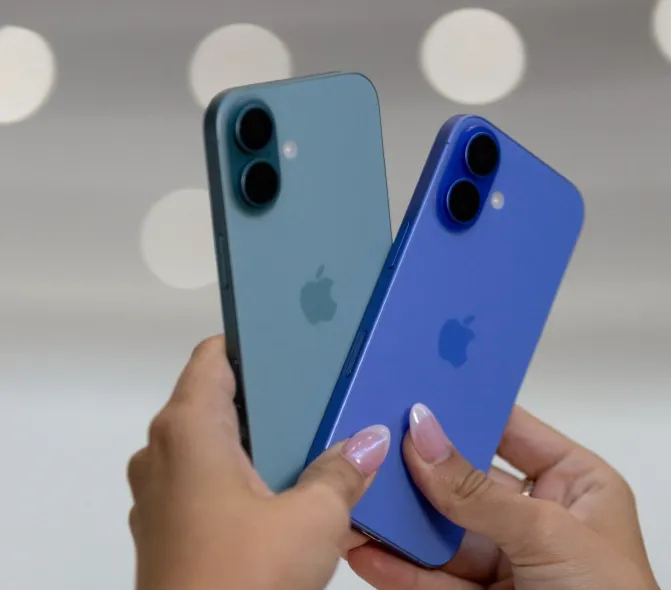After nearly five months of restrictions, Indonesia is preparing to lift its ban on iPhone 16 sales, marking the end of a dispute centered on Apple’s local investment obligations. Government officials have confirmed that a new memorandum of agreement between Apple and Indonesia’s Ministry of Industry is in the final stages, clearing the path for the iPhone 16 lineup to return to store shelves.
Background: Why the Ban Was Imposed
The ban, which began in October 2024 shortly after the global release of the iPhone 16 series, stemmed from Apple’s inability to fully meet Indonesia’s local content rules. These regulations require tech manufacturers to source or assemble at least 35% to 40% of components within the country.
Apple had pledged to invest around $110 million in training and development programs to satisfy these requirements. However, the government determined that Apple’s actual spending fell short by about $15 million, prompting officials to suspend sales of the new iPhones until the company made up the difference.
Negotiations and Apple’s Revised Commitment
Following months of discussions, Apple significantly increased its investment proposal. Initial offers of an extra $10 million were rejected, but as talks progressed, the company raised its commitment to $100 million and eventually agreed to invest a total of $1 billion.
Under the new deal, Apple will expand its presence in Indonesia by launching a research and development center and scaling up training programs for local talent. Although Apple has not yet committed to assembling iPhones domestically, part of the investment will reportedly support the local production of accessories like AirTags.
Impact on the Market and Consumers
Once the agreement is finalized, the iPhone 16 series will officially return to Indonesia’s market. Consumers can expect availability in the coming weeks, ending a months-long shortage of the newest Apple devices.
Beyond restoring sales, the settlement represents Apple’s renewed commitment to one of Southeast Asia’s fastest-growing tech markets. The strengthened partnership also suggests a more stable path forward, potentially paving the way for broader collaboration in future manufacturing and development projects.
Looking Ahead
While it remains uncertain whether Apple will eventually assemble iPhones in Indonesia, this resolution underscores the company’s willingness to adapt to local regulations and deepen its regional footprint. For Indonesian consumers and the broader tech industry, the return of the iPhone 16 signals a positive step toward greater access to global technology and increased local participation in its development.
